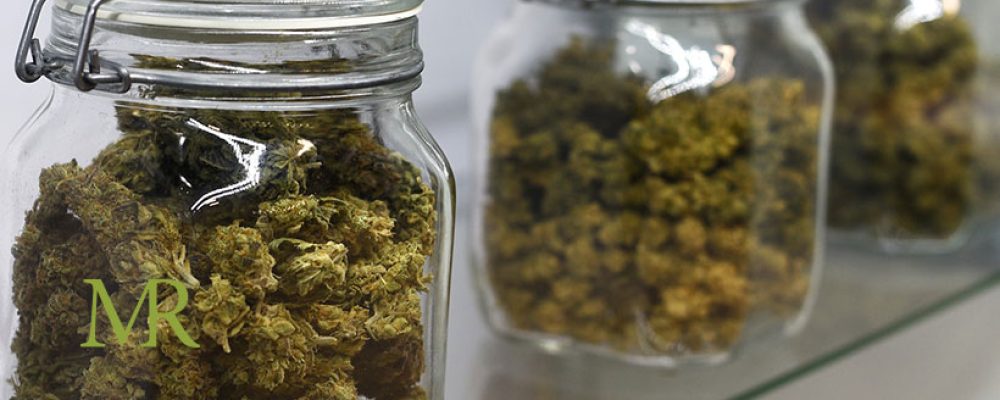When Oregon and Colorado first legalized recreational cannabis, promoting social equity in the new industry was not at the forefront of most lawmakers’ minds. Over the years, however, calls to ensure marginalized communities and those most harmed by the war on drugs benefit from legal sales of cannabis have grown. Now, provisions aimed at promoting social equity, such as ensuring quotas of minority-owned businesses or providing financial support for low-income entrepreneurs, form an essential part of most marijuana legalization legislation debated and approved in states across the country.
That said, the rhetoric and aspirations of such social equity goals often don’t match with reality. Illinois, for instance, was initially hailed for its commitment to setting aside marijuana business licenses for social equity applicants and ring-fencing cannabis tax revenues for investment in communities disproportionately targeted by law enforcement. But in the 18 months since legal sales began, the state cannabis regulator is yet to issue a single social equity retail license of the 75 promised amid various legal challenges. In the meantime, existing medical marijuana dispensaries, which received first preference for retail licenses, have been able to consolidate their grip on Illinois’ flourishing recreational cannabis market.
Industry analysts wonder if things will be any different this time in New York, which passed marijuana legalization legislation containing robust social equity provisions in March and is due to start legal sales in little over a year.
Steve Hawkins, executive director of Marijuana Policy Project, thinks that while New York’s Marijuana Regulation and Taxation Act’s social equity licensing goals and community reinvestment commitments are even more ambitious than in Illinois, the state “has the same challenges we’ve seen elsewhere in making sure it becomes a reality.”
Under New York’s marijuana legalization law, 50 percent of all recreational licenses will be awarded to social and economic equity applicants, while 40 percent of sales tax revenues in the industry will be set aside for investment in communities at the frontlines of the war on drugs. Medical marijuana businesses looking to enter the recreational market will be required to pay a one-off licensing fee that goes directly toward funding social equity programs, such as those that will provide financial and technical support to those on low-incomes looking to start a marijuana business. To help further, microbusinesses will be permitted to vertically integrate, unlike larger operators, so they may better compete. And to ensure social equity licenses remain in the right hands, sales or transfers of such licenses are prohibited for the first three years upon being issued.
While such provisions in the law are important to help ensure an equitable marijuana industry, implementation is the difficult part. As noted by Amber Littlejohn, executive director of the Minority Cannabis Business Association, many of the important finer details are also yet to be worked out. And with the adult-use market in New York projected to generate $2.5 billion in annual sales within five years of launching, there’s a lot at stake.
“The top line concern is that there is a lot of language that has been left to the regulatory process,” Littlejohn said. “A lot of the language is aspirational but transferring that into actual results has been proven challenging.”
One of the challenges is finding common ground on who qualifies as a social equity applicant. In New York, such an applicant is defined as persons from “communities disproportionately impacted by the enforcement of cannabis prohibition,” in addition to minorities, women, military veterans and farmers facing financial difficulties. What remains unclear in New York though, is how to decide which communities have been disproportionately impacted by the enforcement of cannabis prohibition. Does it come down to ZIP codes? How long does a person need to have lived in such an area?
Littlejohn is also concerned whether the playing field can truly be leveled between microbusinesses and multi-state operators. After all, social equity funding is largely dependent on marijuana sales tax dollars that are likely to be generated, at least initially, by companies with deeper pockets.
“I’m hoping New York is creative, it being the epicenter of complex financing,” Littlejohn said. “So hopefully some of that collective knowledge is put toward unique financial solutions that are going to support minority businesses.”


